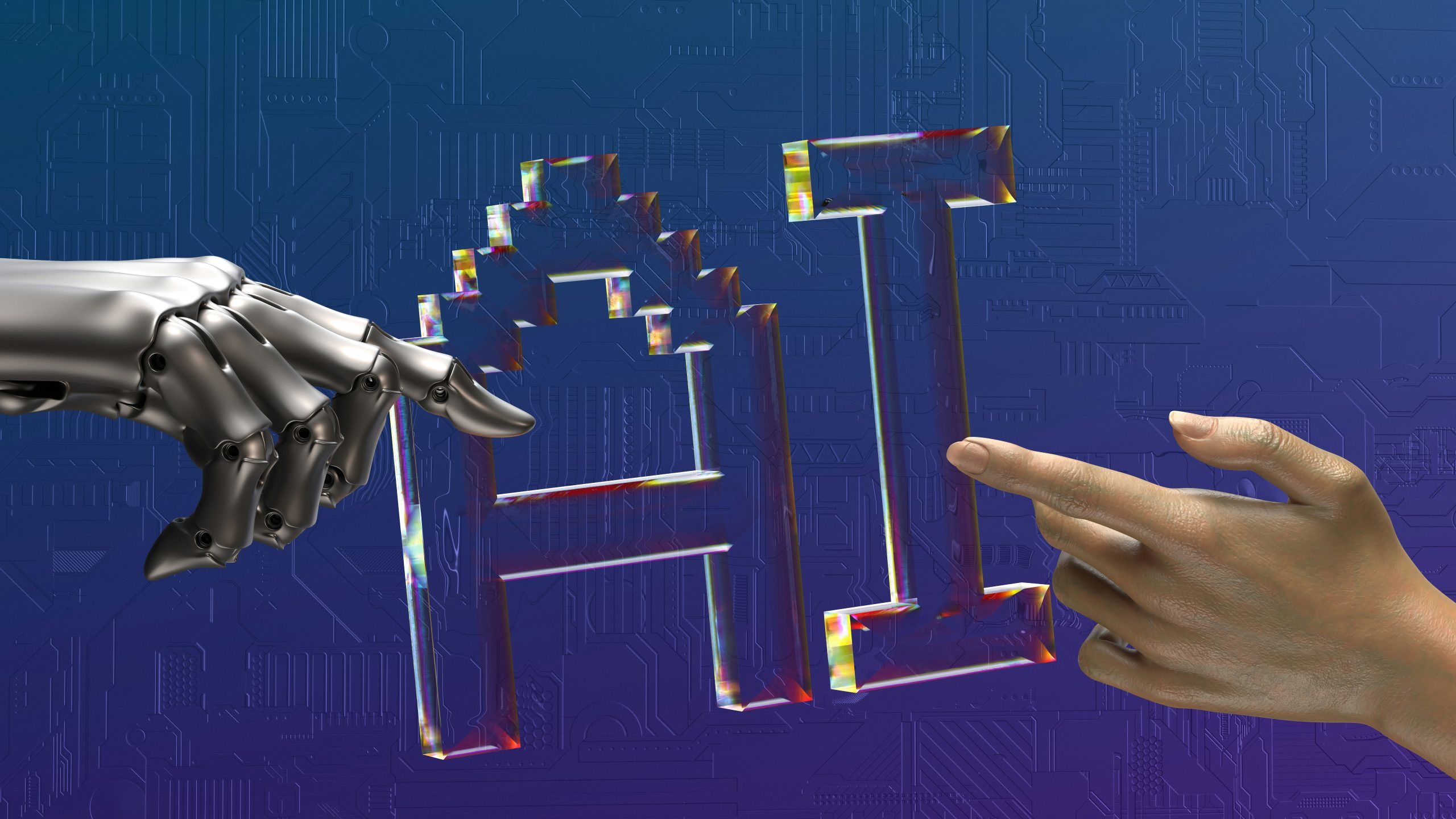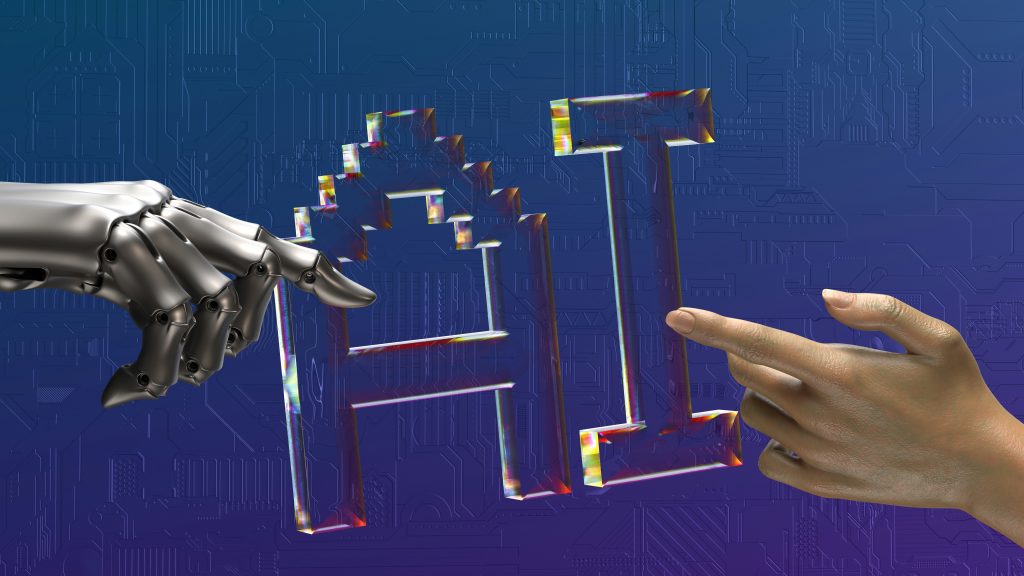
-
September 22, 2024
The Rise of Artificial Intelligence: Shaping the Future of Work and Innovation
AI Is No Longer the Future—It’s the Present

Fatima Alvi

The Rise of Artificial Intelligence: Shaping the Future of Work and Innovation
AI Is No Longer the Future—It’s the Present
Date: 22/09/2024
Artificial Intelligence (AI) is transforming the way the world works, learns, communicates, and does business. From predictive algorithms and chatbots to autonomous vehicles and generative content tools, AI is driving a new era of efficiency and innovation. Whether it’s a student using AI to study smarter or a company using machine learning to optimize supply chains, AI is touching every sector of modern life.
In Pakistan, AI adoption is gaining momentum. Startups, universities, and government bodies are exploring how AI can improve education, health, agriculture, fintech, and public service delivery. The recent surge in generative AI tools like ChatGPT and Midjourney has also sparked growing interest among youth and professionals eager to automate workflows and boost productivity.
AI’s Impact on Jobs and the Economy
One of the biggest questions people ask is: Will AI replace human jobs? The answer is more nuanced. While AI will automate many repetitive and manual tasks, it is also creating new job categories that require creativity, problem-solving, and data literacy. Fields like AI ethics, prompt engineering, data annotation, and model training are opening up opportunities that didn’t exist a few years ago.
For Pakistan to compete globally, it must invest in AI talent. That means reforming education, promoting STEM, and building industry-academia linkages that help the next generation prepare for an AI-powered world.
Challenges of Bias, Access, and Responsibility
AI brings powerful benefits—but also serious concerns. Bias in algorithms, privacy issues, and misinformation generated by AI tools are real challenges. Moreover, developing countries often lag behind due to limited data access, infrastructure, or policy frameworks.
To fully harness AI’s potential, Pakistan must invest in inclusive AI policies that promote transparency, digital access, and localized data. It must also support AI startups and create ethical guardrails to ensure responsible use.
AI Can Supercharge National Progress
AI isn’t just about technology—it’s about national competitiveness. Countries that embrace AI early will lead in innovation, productivity, and global influence. For Pakistan, AI offers a chance to leapfrog outdated systems and build smarter cities, resilient healthcare, modern agriculture, and digital governance.
By prioritizing research, skills development, and strategic investments, Pakistan can become not just an AI consumer—but a global contributor to the AI revolution.
Artificial Intelligence – AI Jobs Future – Machine Learning – Digital Transformation – STEM

Leave a Reply